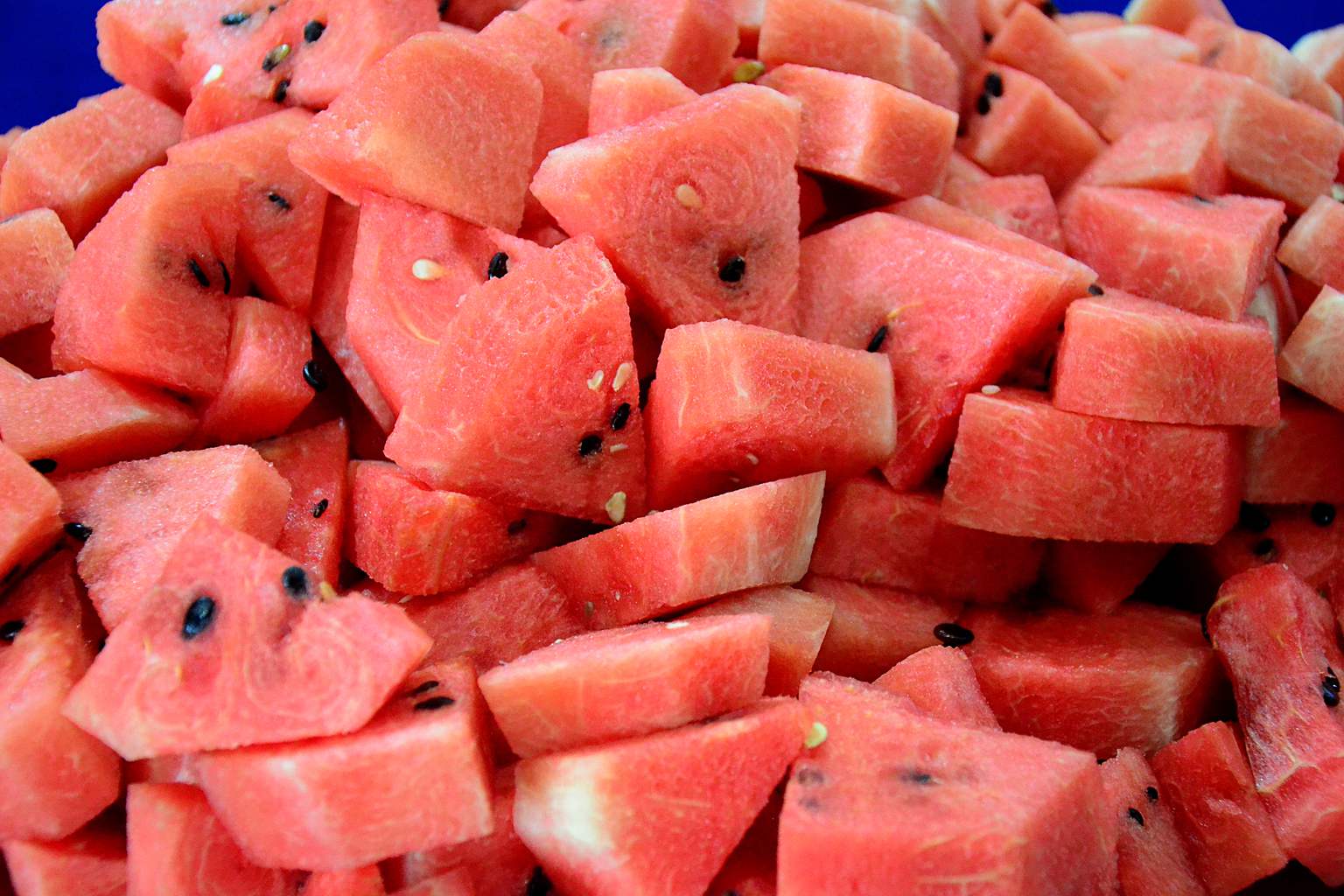Summer days are incomplete without biting into a juicy, sweet watermelon. Yet, amid the satisfying crunch of the pink flesh, a curious question often pops up: what about those pesky watermelon seeds? Are they harmful to swallow, or could they actually be beneficial? Let’s clear up the mystery once and for all.
Many of us grew up hearing warnings about swallowing watermelon seeds—stories about a watermelon growing inside your stomach might come to mind. But logically, does accidentally swallowing one turn your belly into a fruit orchard? Obviously not. So why are these seeds getting such a bad rap?
Can you eat watermelon seeds safely?
Why you shouldn’t open your bedroom window at night—experts explain
The straightforward answer: yes, you can—and in fact, you should consider eating them. Watermelon seeds pack a surprising nutritional punch. Just about 140 of these tiny seeds can provide nearly one-third of your daily magnesium needs. Along with magnesium, they offer valuable minerals like zinc, manganese, iron, and folate, the natural form of vitamin B9.
These nutrients play key roles in boosting your immune system, sharpening your focus, and aiding in the production of red blood cells. Plus, the seeds contain a variety of antioxidants, including lycopene—the compound that gives watermelon flesh its brilliant red color. Lycopene helps protect your body from harmful free radicals, supports heart health, lowers risks of certain cancers, and even helps shield your skin from sun damage.
For me, the most surprising revelation was learning how dense in nutrients these little seeds are. Growing up, I always spit them out without a second thought. Now, I roast them lightly and toss them into my afternoon salads or smoothies. It’s a simple upgrade that packs extra health benefits and crunch.
How to enjoy watermelon seeds for better digestion
Neither running nor swimming: the top activity after 60 to boost cardiovascular health
One important thing to know: raw watermelon seeds can be tough on the digestive system, especially if you have a sensitive stomach. Their outer shell is loaded with fiber, which in excess could cause bloating, gas, or constipation for some people.
So, if your digestion is delicate, it’s best to limit your intake or heat-treat the seeds before eating. Roasting watermelon seeds is the easiest way to make them tastier and easier to digest. Just drizzle a little olive oil, sprinkle some salt, and bake them at low temperature for 10-15 minutes. They come out crunchy with a nutty flavor.
You can snack on them straight, sprinkle them on oatmeal or yogurt, or even add them to summer salads for extra texture and nutrition. Some adventurous food lovers even whip up homemade watermelon seed butter, which is reminiscent of peanut butter but loaded with healthy fats that support nerve function. Choosing a version without added sugars or preservatives is key to keeping it wholesome.
Debunking the myths about watermelon seeds
Spreading out your workouts during the week leads to greater strength gains
The myth about watermelon seeds being bad or dangerous is just that—a myth. There’s no scientific basis to fear swallowing seeds in moderation. In fact, they can be a healthy, enjoyable addition to your diet when prepared right.
Like many overlooked foods, watermelon seeds show us the value of digging a little deeper before tossing something out. It’s a reminder not to let old tales stop us from discovering new health benefits. Personally, embracing these seeds has taught me to look at food more holistically—appreciating what whole fruits and seeds have to offer beyond just the familiar parts.
But, as with any food, moderation and paying attention to your body’s signals are important. Your digestive system might react differently based on your unique makeup, so start with small amounts and see how you feel.
Have you ever tried eating watermelon seeds roasted or raw? What do you think about giving them a chance? Share your experiences or recipes below! This simple tweak might surprise you and could be a great way to add more nutrients to your summer snacks. Don’t forget to pass this along to friends who might still be wary of the humble watermelon seed.

I have eaten them raw and roasted for many years
I have been eating it raw even with the back because I enjoy eating it together, hope is not harmful eating it with the back after washing it with salt, pls l need your respond, thanks 👍